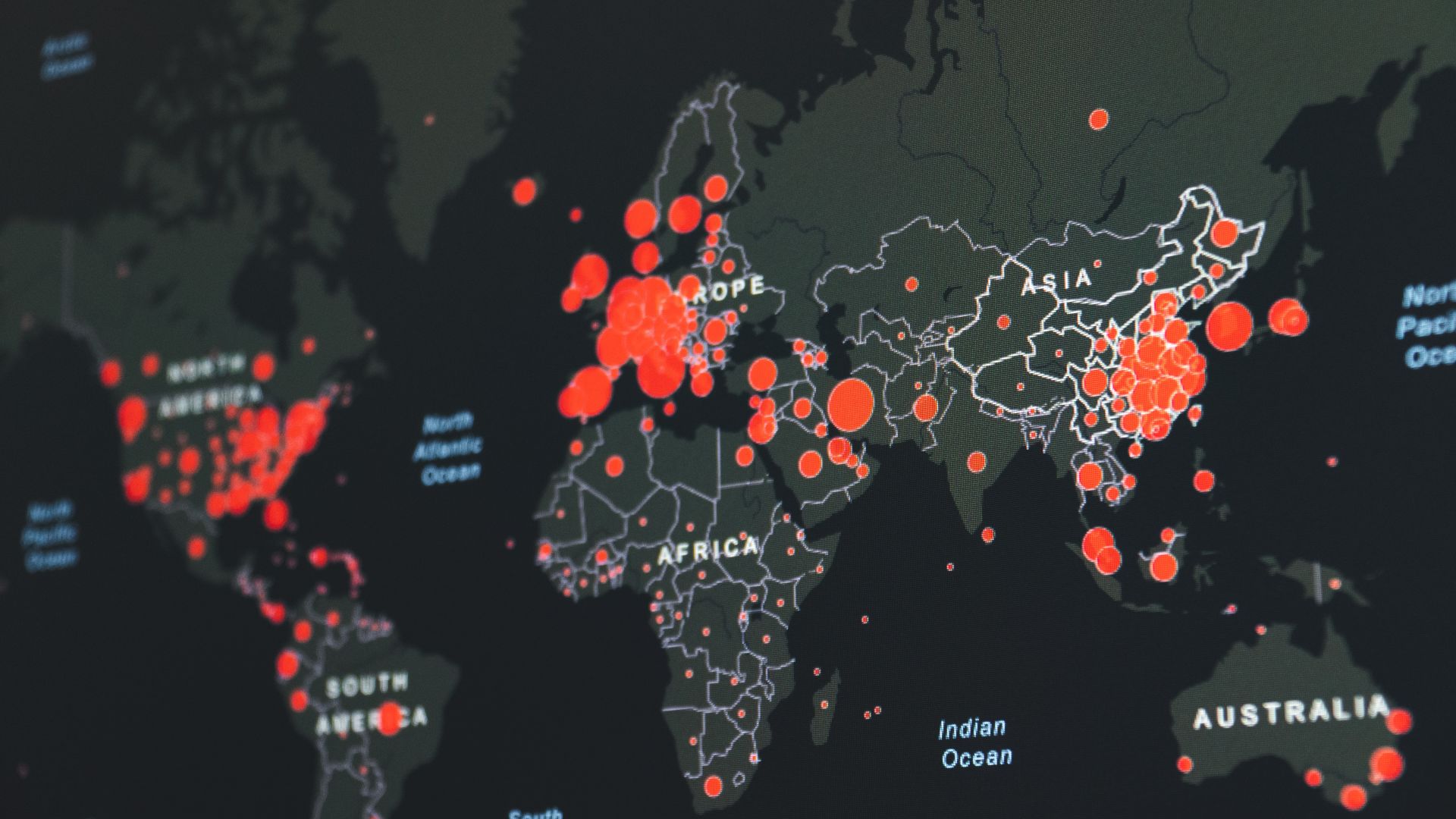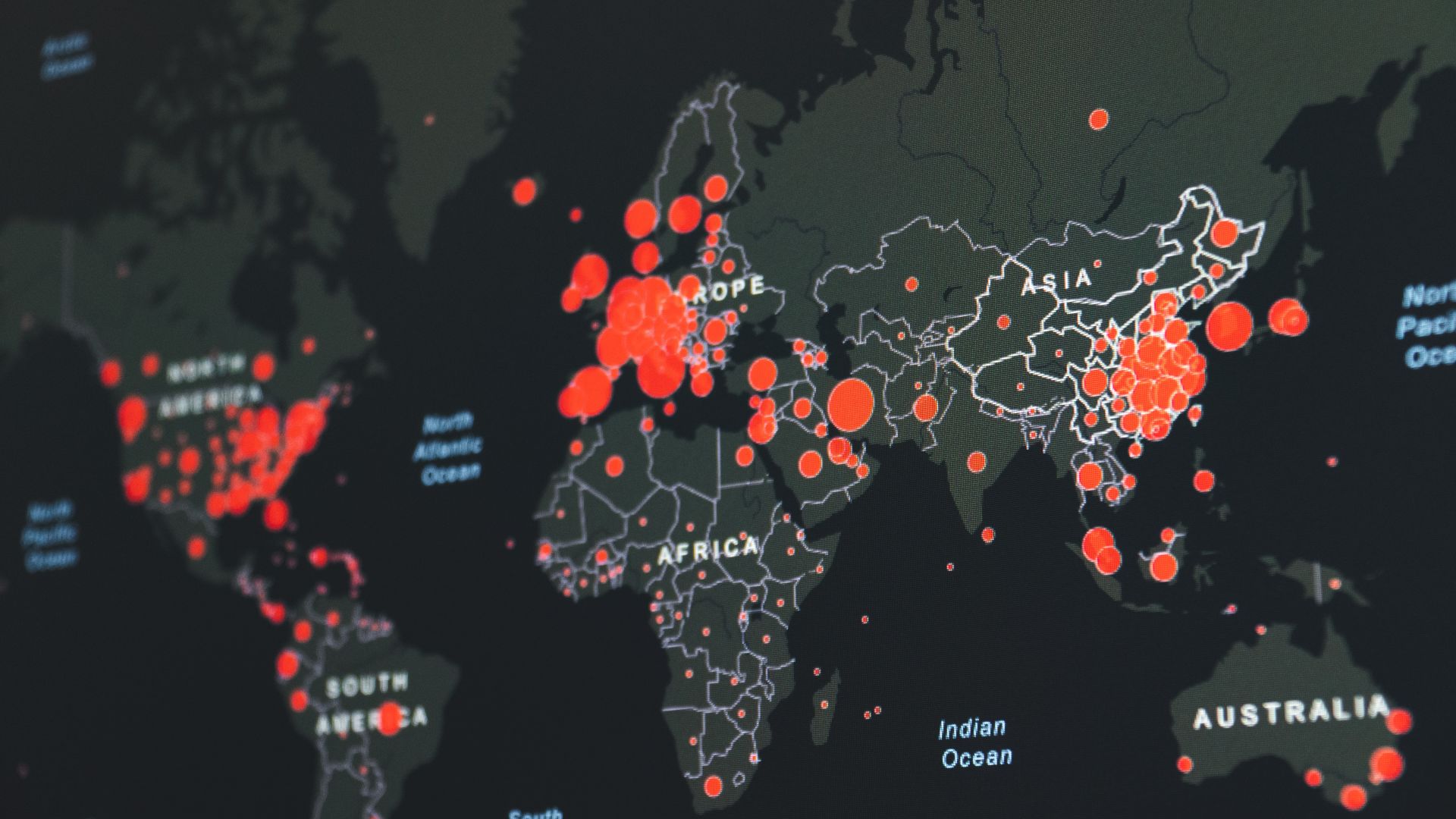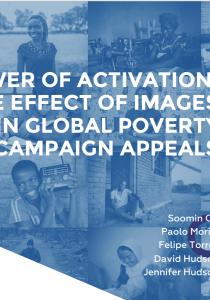
New findings suggest those who don’t care about poverty in developing countries can be convinced… as long as they feel empowered in the process.
What explains public support for foreign aid? While billions of taxpayers’ money have been sent overseas, we know little about what contributes to public support for foreign aid. Research on preferences on foreign aid so far has highlighted the role of material factors, moral concerns, and political orientation.
But incorrect assumptions about members of the public who claim to not know or care about poverty in the developing world may have distorted our understanding and thus, our approach, new data reveals. As a result, our efforts may have fallen on deaf ears.
It’s also becoming increasingly clear that amongst those who do give, concern over poverty is often conflated with support for foreign aid. But Aid Attitude Tracker (AAT) reveals that the relationship between moral concerns and support for foreign aid is much more nuanced among this group, too.
Based on Wave 10 of AAT respondents in the UK, Figure 1 shows that the level of concern for poverty does not neatly map onto the support for aid. In general, there is a relationship between concern for poverty and the level of support for aid, but not always. This suggests the need to explore mediating factors that come into play in individuals’ support for aid.
In this post, we explore the nuances. We examine how individuals are driven not only by their philanthropic, other-regarding attitudes but also their belief in efficacy - the individual’s ability to bring about change. In particular, we show that the impact of efficacy is greater amongst those who are not at all concerned about poverty.
Explaining public support for foreign aid
To examine how support for aid is conditioned on moral concerns and on belief in one’s individual efficacy, we looked at the level of (1) support for aid, (2) concern for poverty in poor countries, and (3) belief in the personal ability to make a difference, alongside individual characteristics such as education and political orientation.
Figure 2 shows individuals’ support for foreign aid for two extreme cases: those who are ‘very concerned’ about poverty (orange) and those who are ‘not at all concerned’ about poverty (blue). On a cursory glance, we aren’t surprised: greater support is evident amongst those who are more concerned about poverty, and among those who believe they can bring change.
But there is a crucial difference between the two groups: the slope. The extent to which feelings of efficacy increase support is much greater for individuals who are not at all concerned about poverty in developing countries, in comparison to individuals who are very concerned about poverty.
What this suggests are twofold. First, people who are very concerned about poverty are less driven by their ability to bring change in developing countries. Their moral concern in and of itself is the driver. Second, individuals with no concern for poverty can, in fact, be motivated to support foreign aid, as long as they have a strong belief in their ability to bring about change.
Individuals with no concern for poverty can, in fact, be motivated to support foreign aid, as long as they have a strong belief in their ability to bring about change.
Looking ahead
What do we do with this insight? Clearly, there is a need for customised strategies for encouraging individuals to support foreign aid that take into consideration their current level of concern for poverty. For those who are already concerned about poverty, campaigners could emphasise the grim realities in the recipient countries, without, of course propagating ‘poverty porn’. An honest and clear snapshot of the challenges faced will bolster this group’s support for foreign aid.
Second, for those not concerned about poverty, emphasising an individual’s potential to make an impact will strengthen their belief in individual efficacy, leading to greater support for foreign aid. Similar to the underlying psychology of Tom’s One-for-One business model, anecdotes about relatable individuals making a difference can increase the sense of efficacy among those with little concern for poverty.
Moving beyond the cookie-cutter tactics for increasing support for aid, this customised approach will foster public awareness and support of the state of poverty in the developing world.








































































